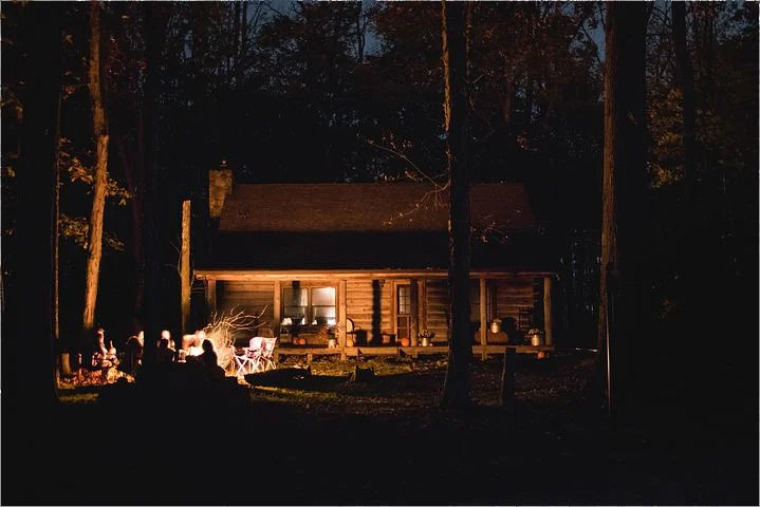
Christian camps. What are they good for? Over the years I have oscillated between two polar opposites. On one hand, they are essential for Christians to experience. On the other hand, they can stunt growth and ultimately impede spiritual growth as people succumb to the hype and hoopla.
Depending on what circles you run in, camps can be seen as the sugary drink that leaves you thirsty or the main course meal that fills you right up. How should we think about them? Are they more good than bad? Or more bad than good?
Mountaintop moments
On the journey of faith there are key moments where one experiences God in a way that is undeniable. When I was 15, I had one of these moments at an Easter Camp. The speaker asked for the Holy Spirit to touch us, and sure enough I had an unexplainable experience. At the end, I knew, beyond a shadow of a doubt, that I had experienced God in a tangible way.
This memory has given me hope many years since. When I feel dry or distant from God. When I forget the power of God. This memory comes flooding back. Many others have encountered God in this way at camps, marking a “mountaintop moment” for them on their journey.
A friend did Masters research on what kept people in the faith, and found that mountaintop moments where one of several key factors in keeping people engaged with God. Although not the most determining factor, it is still an important aspect that we as Christians would do well to value.
Bigger than oneself
Christianity, particularly in the West and in predominantly European cultures, is an individualistic pursuit. Faith is seen through this lens, among many others. The emphasis on a personal relationship with Jesus has in many ways led to this—and camps can be the site for such a theology to be outworked.
Speakers ask for young people to make “personal decisions for Jesus”. This is not a value judgement, but a necessary step in discipleship. However, it could be argued that such an emphasis only helps to increase a sense of rugged individualism when it comes to faith.
In saying this, camps equally provide a chance for young people to see faith outside of themselves (and even their own youth group settings). It is at camps that we worship alongside people that are different in cultural, socio-economic and theological backgrounds.
It is within the crowds that we get to see Jesus. Much like the crowd that gathered around Jesus, we bump shoulders with difference and yet, this is no barrier to seeing Jesus but rather the prerequisite. We are part of a crowd, or as one New Testament writer puts it, a great cloud of witnesses (past, present and future). Camps can help us to experience this in the flesh.
Out of the ordinary
As a Youth Pastor, I love “doing life” with teens outside of a normal week and routine. Camps provide such an opportunity to pluck students out of their comfortable spaces to then “force” us together.
Camps are like giant sleepovers where we get to see each other outside of our regular meeting times. And it is in these spaces that people become closer, friendships are both started and deepened, and young people are more open to spiritual things. Why? Because distractions are lessened and presence—being present to each other and to oneself—is increased.
What camps teach me is that our approach to youth ministry is centred on a relationality that must be fostered “outside of ordinary” situations i.e. at home, at youth group etc.

Caleb Haurua completed his Masters in Applied Theology at Carey Baptist College in 2017. He is the Youth Pastoral Leader at Royal Oak Baptist Church in central Auckland. He loves to ponder, muse, and share thoughts. Hence why he likes the opportunity to write articles like this one. He is especially passionate about the intersection between Church and Society—seeing Christians grow and flourish as participants in God’s ongoing mission to the World.